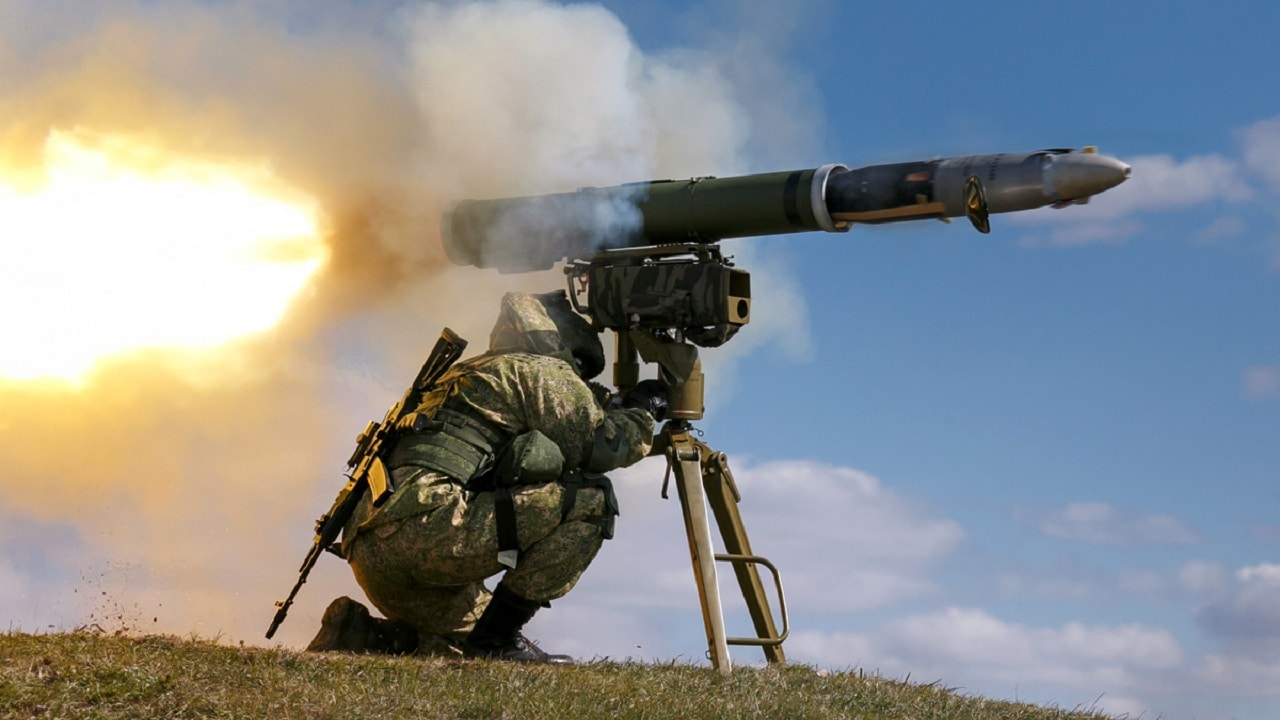Russian President Vladimir Putin and North Korean leader Kim Jong Un could meet next week, The New York Times reported on Monday.
North Korea and Russia find themselves increasingly isolated from the rest of the world. Now they find themselves drawn to collaborate when it comes to weapons that each country wants or needs.
The White House acknowledged that the U.S. expected “leader-level diplomatic engagement” on arms transfers between the two countries.
“We urge the [Democratic People’s Republic of Korea] to cease its arms negotiations with Russia and abide by the public commitments that Pyongyang has made to not provide or sell arms to Russia,” Adrienne Watson, a National Security Council spokeswoman said in a statement to The Times.
The New York Times notes that Kim likely will arrive in Vladivostok via armored train and will both be on the campus of Far Eastern Federal University to attend the Eastern Economic Forum. Kim also plans to review ships of the Russian Pacific Fleet docked in the city’s port.
Putin and Kim’s Wants From Each Other
Putin wants North Korea’s artillery shells and anti-tank missiles. Kim wants nuclear submarine technology and satellite technology, to become a greater threat to his enemies, the U.S. in particular.
North Korea has covertly supplied millions of artillery shells to the Russian army, according to the U.S., however, both countries deny it.
Nuclear submarine technology would give North Korea the ability to develop nuclear-powered ballistic missile submarines that could launch strikes against the U.S. from the Pacific.
Ties Between Russia and North Korea Deepen
National Security Council spokesman John F. Kirby said last week that military ties between the two countries were “actively advancing.”
“The meeting is another sign that Russia’s relationship with North Korea is deepening and this development is not in the US national security interests. The strategic significance of this unholy alliance is this: first, there’s the issue of proliferation of sensitive technologies by Russia to North Korea, notably nuclear and space intelligence – this will have long-term strategic implications; second and a more immediate impact ― with allies like North Korea, Iran, and China, Putin will be able to fight the war of attrition in Ukraine pretty much indefinitely,” Rebekah Koffler, president of Doctrine & Strategy Consulting, a former DIA intelligence officer, and the author of “Putin’s Playbook: Russia’s Secret Plan to Defeat America” told 19FortyFive.
“This means that more Ukrainians will die, more US taxpayer funds will be wasted on an unachievable mission, and the risk of escalation will keep increasing, including nuclear warfare,” Koffler continued.
In March, Russian journalist Aleksander Sladkov claimed his sources told him that Pyongyang planned to send up to 50,000 troops to Ukraine to participate in Putin’s “Special Military Operation.”
North Korea reportedly decided in January to send personnel to the Russian-occupied Donbas, who represented the country’s military or security agencies.
“Following these negotiations, high-level discussions may continue in coming months. Now, among these potential deals, Russia would receive significant quantities and multiple types of munitions from the DPRK, which the Russian military plans to use in Ukraine,” Kirby said.
John Rossomando is a defense and counterterrorism analyst and served as Senior Analyst for Counterterrorism at The Investigative Project on Terrorism for eight years. His work has been featured in numerous publications such as The American Thinker, The National Interest, National Review Online, Daily Wire, Red Alert Politics, CNSNews.com, The Daily Caller, Human Events, Newsmax, The American Spectator, TownHall.com, and Crisis Magazine. He also served as senior managing editor of The Bulletin, a 100,000-circulation daily newspaper in Philadelphia, and received the Pennsylvania Associated Press Managing Editors first-place award for his reporting.
From the Vault
‘He Should Quit’: Donald Trump Just Got Hit With A Devastating New Poll

